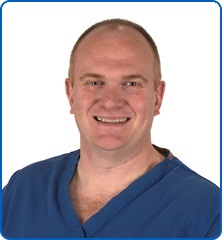Dr Ella Chaudhuri - Acute Medicine
GMC Number: 6120309
Year of first qualification: 2005, University of Bristol
Specialty: Acute and General Internal Medicine
Clinical interests: Leadership and management, same day emergency care, education in acute and general medicine
Secretary: Lisa Williams
Telephone number: 0117 414 1141
Dr Ella Chaudhuri has been a Consultant Physician at North Bristol NHS Trust since August 2015. She is currently the clinical lead for acute medicine. Together with her colleagues, she provides care for patients referred from primary care or the emergency department in need of a specialist medical review. She also provides care for inpatients on the medical short stay unit and enhance care unit.
Dr Chaudhuri has an interest in service design and delivery in Acute Medicine and development of Acute and Ambulatory Care Pathways to improve patient care and experience.
She also holds a postgraduate certificate in Medical Education and has a special interest in postgraduate training in General Internal Medicine.
She is a member of the Royal College of Physicians and Society for Acute Medicine.


